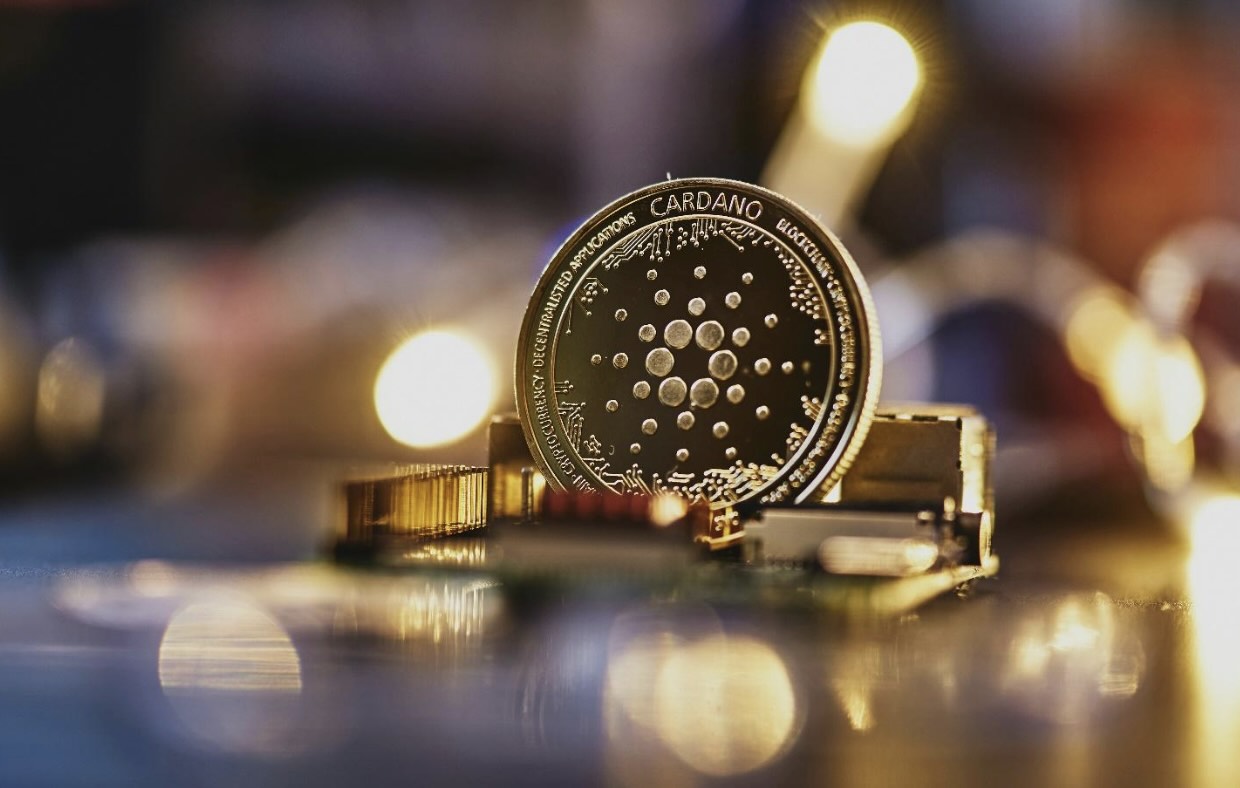Jun 07 (News On Japan) - Cardano is an innovative project developed by Charles Hoskinson, one of the co-founders of Ethereum. He is an American businessman, which is why many thought this project had American origins. This might sound surprising to some, but this crypto project actually originated in Japan.

As a result, many Japanese own ADA, the platform's native cryptocurrency. Among the most important reasons why Japanese are prone to investing in ADA is that it offers numerous staking rewards, has a low-cost transaction model, and is an eco-friendly alternative to other coins. These reasons can also maintain ADA's value in the future and positively impact the ADA price prediction.
So, Cardano has closed ties with Japan, and because of this, some also refer to it as the "Ethereum of Japan." Japan is a prosperous country for digital coins because of its friendly regulatory environment and the fact that it is home to plenty of traders and investors who want to participate in the crypto revolution.
In this article, we will explore the relationship of Cardano with Japan more, so keep reading.
The origins of Cardano started in Japan
The story of Cardano starts in Japan, in a restaurant in Osaka, to be more specific. This occurred in 2015, when Charles Hoskinson wanted to solve the blockchain trilemma. This is why, before being launched, Cardano underwent a lot of research, and hundreds of academic papers are at the forefront of Cardano. Many projects and companies were part of the story of Cardano, and plenty of them had Japanese origins.
For example, in the development process of Cardano, there was the Input-Output Hong Kong (IOHK) and a consortium of Japanese businesses that did their best to turn Charles Hoskinson's ideas into reality. For instance, Attain Corporation is a Tokyo-based firm that had an essential role in launching Cardano, as it managed the ADA voucher sale to successfully launch Cardano. Because of this, Cardano didn't go through a regular Initial Coin Offering (ICO), which helped many previous crypto projects get launched.
Instead, it was considered a KYC/AML-compliant presale process, in which the Attain Corporation was present. This strategy proved to be successful, raising the equivalent of 108,844 BTC. Japan was a major investor base, deepening this country's ties with Cardano.
Continuing the story of Cardano with Japan
The mainnet of Cardano was launched in 2017, and Japan took part in this crucial moment. Cardano organized an event to announce its launch, which took place in Shibuya, welcoming crypto enthusiasts, community members, and other essential business figures. During this event, Charles Hoskinson presented the long-term goals and the most essential feature of this crypto project. Additionally, it talked about the academic ties of Cardano and the ones who helped Cardano make its goals a reality. He mentioned the Tokyo Institute of Technology as working for the success of Cardano and integrating its academic notions. Another vital individual who gave a talk was Duncan Coutts, who is the director of engineering at IOHK. Bernard David, the cryptographer from Tokyo Tech, also gave a talk that mentioned important information about Cardano's proof-of-stake protocol.
This proved even more that Japan was part of the Cardano development and had the merit of integrating plenty of innovative features into the platform. Cardano gained a strong community of Japanese enthusiasts who were present in the evolution of this blockchain project and supported it on online forums and social media. Takashi Kawaguchi wanted to help Japanese readers understand more about Cardano, and as a result, he launched Fintech Academia.
The expansion of Cardano in Japan
Cardano continued expanding from 2018 to 2019, especially with the help of EMURGO. EMURGO is mostly associated with the Cardano Foundation and IOHK, which have all represented important pillars for Cardano's evolution. EMURGO initiated many campaigns meant to promote ADA more for Japanese merchants.
In this regard, EMURGO has started to partner with a crucial Japanese figure, Kenji Tamura. He is the owner of the BBQ Restaurant Tamura, which was among the first venues to enable ADA payments. The Hotel Palm Royal, located in Okinawa, has followed the lead and started to accept ADA payments as well. In this way, the two business ideas have become leaders in the hospitality industry and have had the merit of increasing the real-world utility of ADA in Japan.
From 2022 to 2025, Japan continued to be a vital ecosystem for the development of Cardano
Since 2021, cryptocurrencies have started to benefit from more regulatory clarity, and because of this, ADA has had a positive trajectory. As a result, it was listed on meaningful Japanese exchanges. The Project Catalyst is an innovative engine that runs on Cardano. Japan has started to be part of this project, allowing the community and developers to develop new solutions for Cardano that were especially tailored to their needs.
For instance, TicketMe is an NFT ticketing platform that runs in Japan, which has transitioned to Project Catalyst to be able to move its infrastructure to Cardano. Japan also wanted to take part in the Web3 governance, and this goal aligned with the new upgrades in which Cardano tried to improve itself and be more present in the Web3 space.
EMURGO also organized many workshops in Tokyo, which offered the information that developers, operators, and academics were looking for. The story of Japan with Cardano continues in 2025 as well, as the founder of Cardano, Charles Hoskinson, met with Takuya Hirai. This isn't a regular meeting, as Takuya is the former Minister of Digital Transformation in Japan. So, this meeting could reinforce the relationship between Japan and Cardano even more.
Last remarks
Cardano has many innovative features, which make this crypto project stand out from the rest. Before being launched, Cardano went through academic research to ensure it became one of the best versions of digital coins. Japan has a great merit in making Cardano more popular, and it contributed to its global success.















